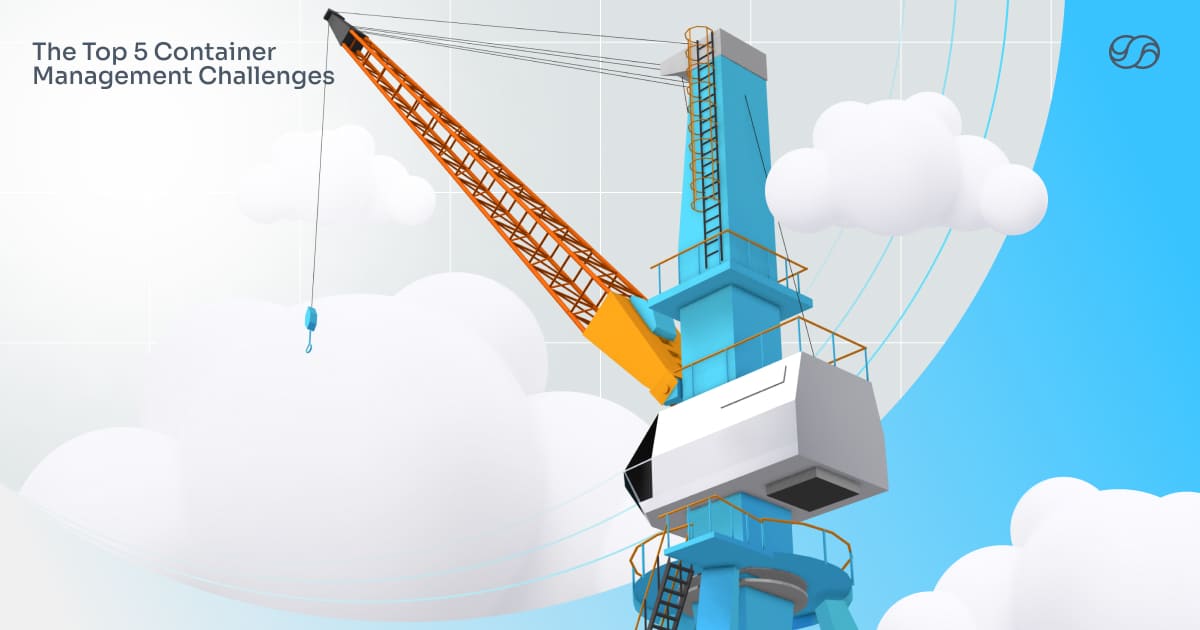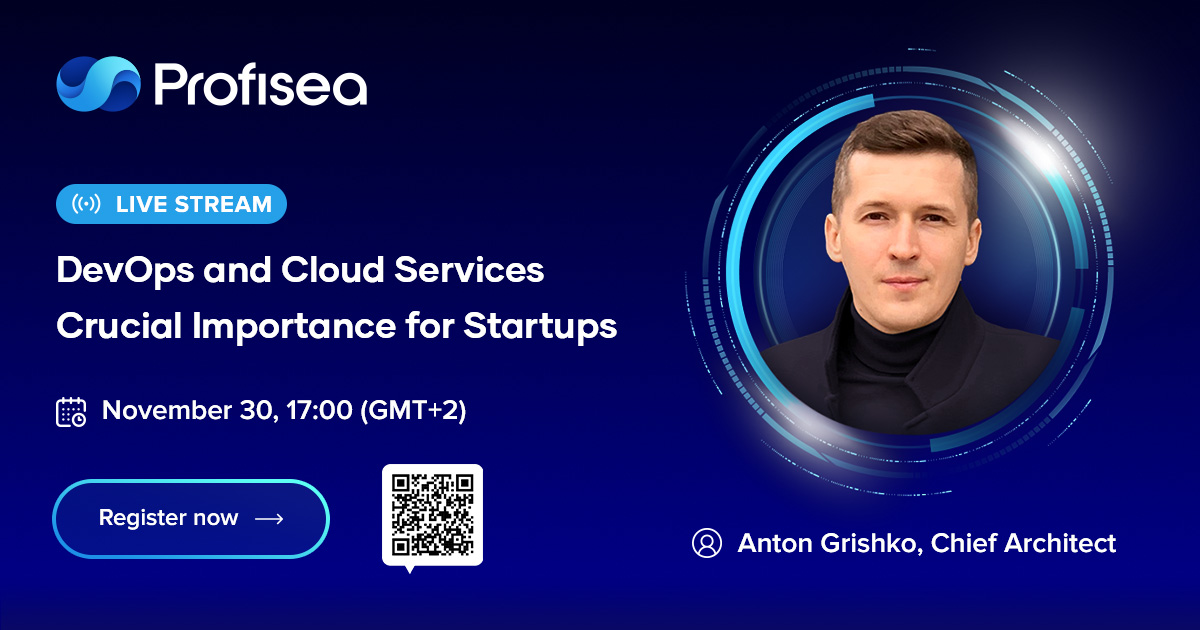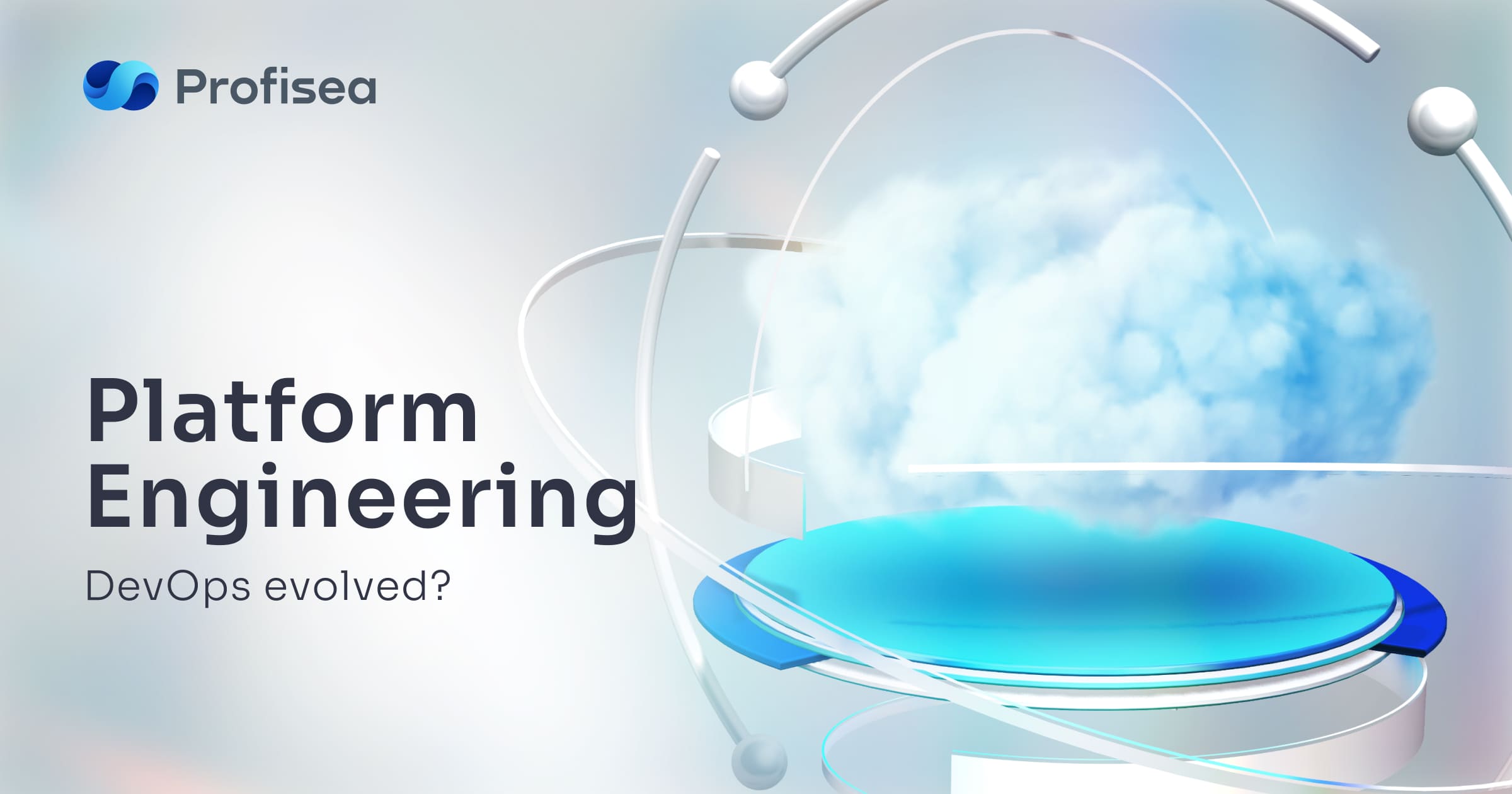The Top 5 Container Management Challenges in 2023
Containers have become the preferred method of application delivery for DevOps teams, probably because they offer increased flexibility, agility, and innovation. Indeed, the global container market is expected to grow at a CAGR of 27% to reach $8,2 billion by 2025.
However, adopting containers successfully requires careful planning and precision. Despite their numerous benefits, organizations often encounter serious challenges. In this blog, we will explore the top five container management challenges that every organization should be aware of when embracing cloud technology. We will also suggest how best to overcome these challenges effectively within your cloud infrastructure.
1. An Exponential Change in Complexity Levels
The flexibility of containers is a huge advantage, but it can make resource deployment and allocation challenging. Other considerations, such as load on the database, optimal database selection, and data formatting and configuration add to the complexity. Choosing the right node type, size, and scaling parameters requires interpreting raw utilization data and making predictive scaling decisions.
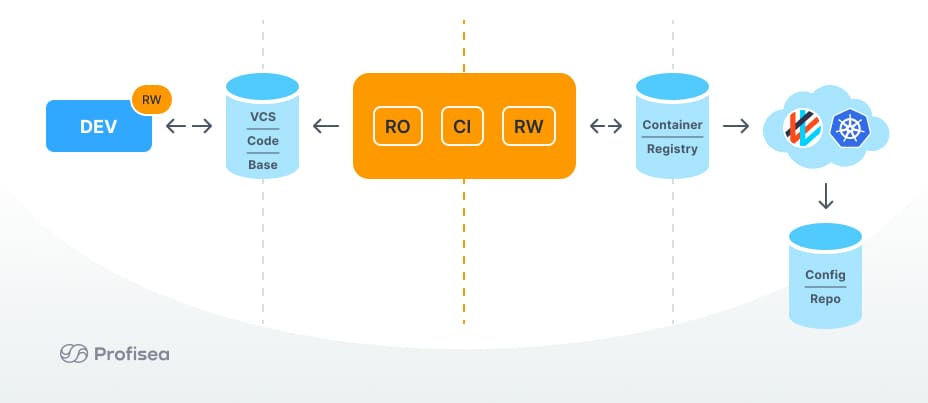
Understanding the characteristics of workloads and the technical limitations of different instance types, as well as aligning with business policies, can soon exceed human comprehension. Deploying an Amazon EC2 instance, for example, involves more than 1.7 million potential considerations, making it difficult to select the most suitable instance type and size each time. While DevOps engineers have granular control over resource allocation, this can also lead to inefficient and wasteful resource usage.
2. The Need to Invest (again!) in More DevOps Skills
Organizations must carefully plan container implementation, starting from evaluating which applications are best-suited for containerization through ensuring immediate protection for new cloud-based workloads.
Adopting a containerized architecture will involve various stakeholders, including application developers, operations, network engineers, security specialists, management, and business representatives. Finding people with the right skills is one of the major challenges in successful container management.
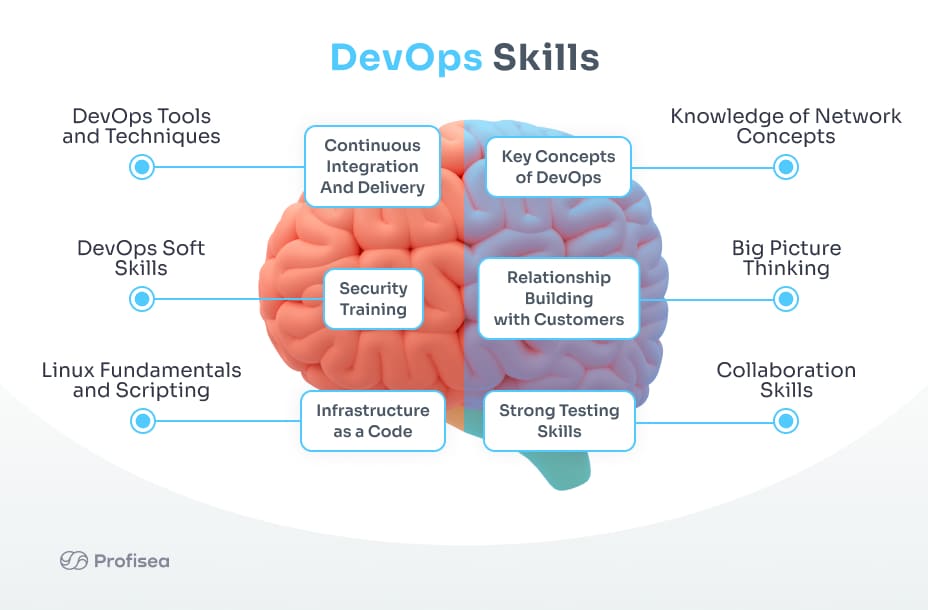
Given the complexity of container technology, it is essential to have on tap all the necessary skills to comprehend how containers function, the relationships between clusters, and their interactions with applications and dependencies. Investing in training resources focused on the latest container technologies can help deepen skills and simplify managing and monitoring this rapidly evolving IT landscape. Companies will need to allocate time for employees to acquire the necessary skills and adapt to the required changes.
3. The Art of Container Security
Containers present both advantages and disadvantages when it comes to security.
On the positive side, applications running in containers are more isolated, making it harder for cyber attackers to identify potential attack points. However, traditional network-based security solutions may be less effective in this context. Approximately 98% of organizations require container security, with runtime security being a top priority.
Dealing with various vulnerabilities related to access, authorization, and integration requires companies to implement security best practices and prioritize risk management. Security measures should be prioritized from the very beginning of any migration to containers. Teams must fully understand potential vulnerabilities, implement encryption, restrict access, and apply appropriate controls to prevent attacks.
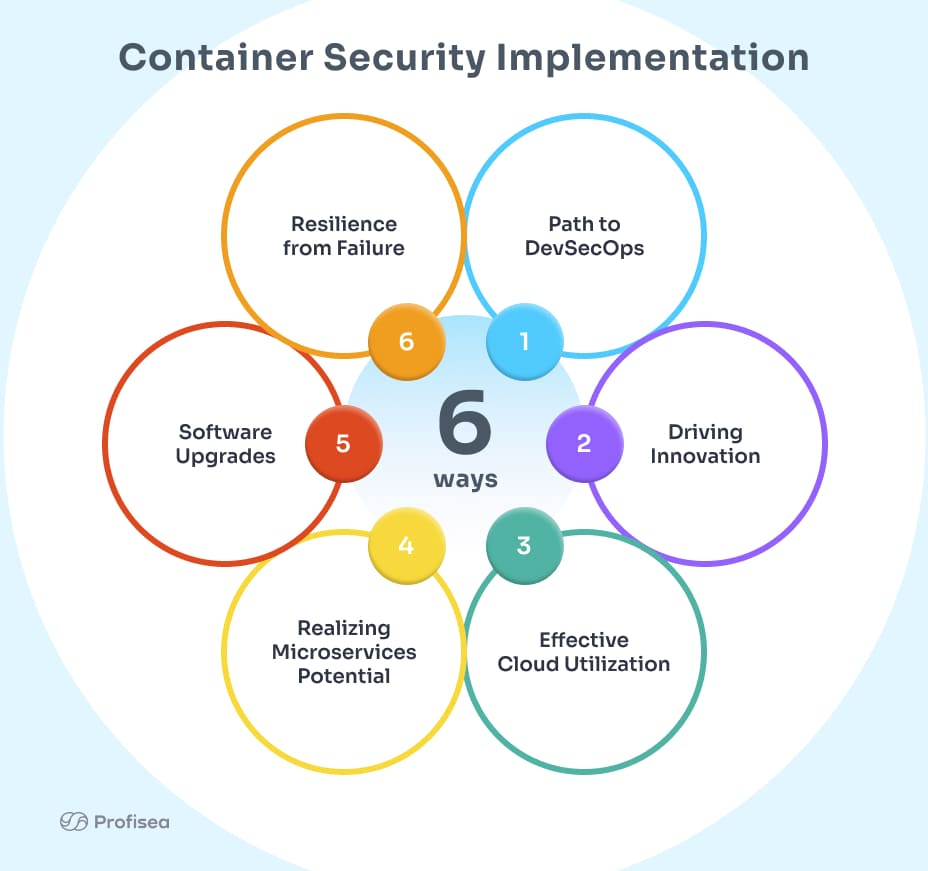
Integrating tools that evaluate and audit Role-Based Access Control (RBAC), Docker, and Kubernetes configurations ensures alignment with established security policies. Sufficient automated precautions must be in place to mitigate these risks effectively.
4. Mastering the Dynamics and Techniques of Data Monitoring
Monitoring containers presents challenges due to their dynamic nature and constantly changing identities. This poses difficulties for downstream processing of monitoring data and generating operational reports that rely on stable container identities. New methods are needed to track changing versions of containers and associate them with specific applications.
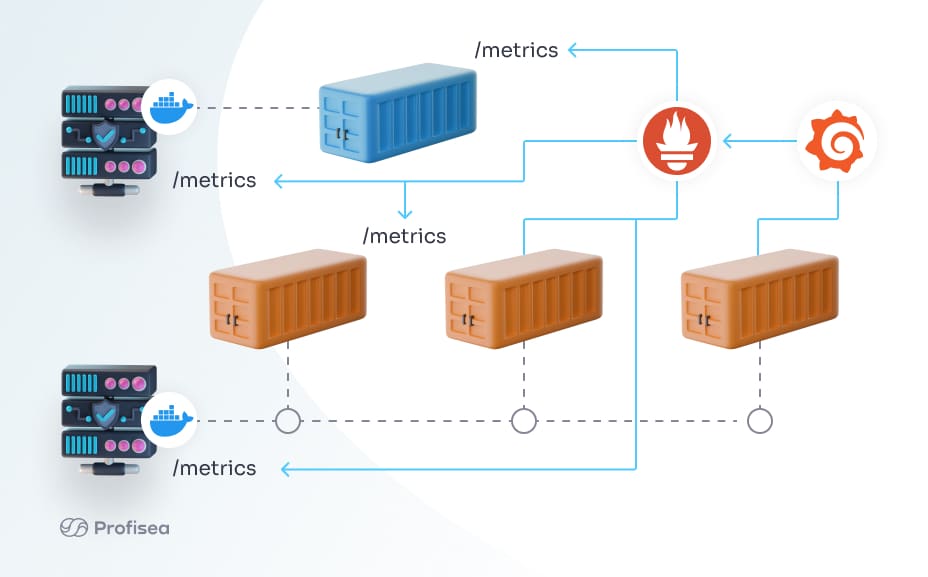
To address this challenge, containers should be designed to publish key monitoring data. As container deployment and orchestration tools move containers to different locations or start additional instances based on application demands, monitoring tools must keep pace with these changes to provide an accurate picture of the deployment.
Alternatively, monitoring systems may need to employ special techniques outside the container to collect monitoring data, which can introduce limitations or scaling issues. The IT industry is developing various collection techniques to tackle these challenges, but the uniformity of these approaches remains unclear.
5. Dealing with a Sea of Compliance Duties
IT departments must ensure that any infrastructure or application put into production complies with corporate policies. Compliance requirements depend on the industry and may involve handling data, encryption, and adherence to industry-specific regulations.
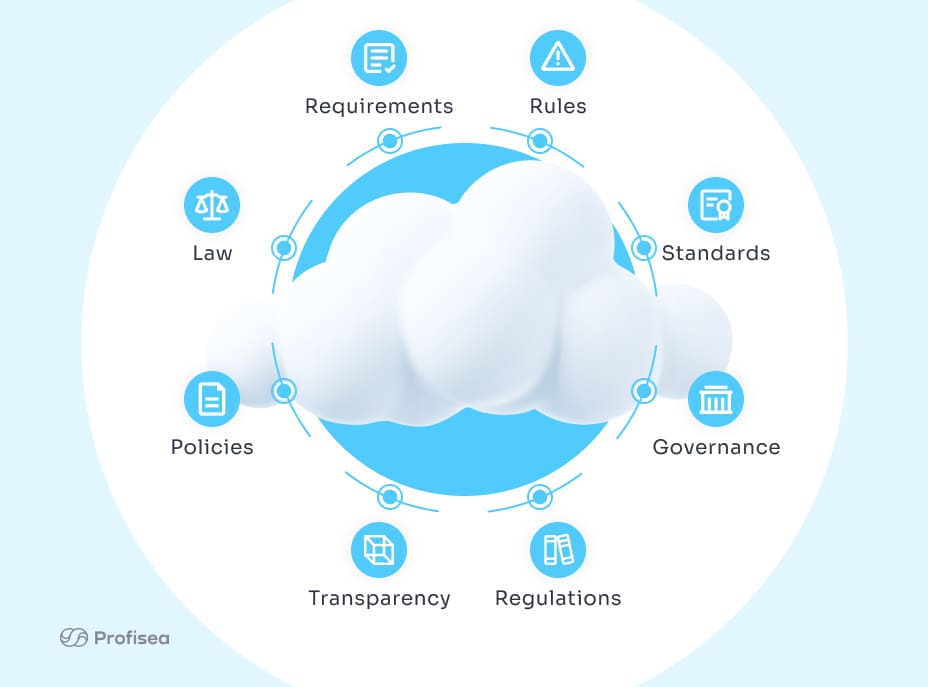
For example, the healthcare industry must comply with the Health Insurance Portability and Accountability Act of 1996 (HIPAA). If personally identifiable information flows through containers, the servers, individuals, and all entities handling that data must adhere to HIPAA standards.
With containers, DevOps engineers also face the challenge of ensuring correct building and operational compliance to ensure appropriate security constraints and prevent unnecessary container-to-container interactions The build aspect of compliance needs to be addressed before provisioning while runtime compliance checks require data collection from running containers and comparing it against compliance rules.
Profisea: DevOps Solutions Tailored to Your Business Needs
Container management is known for its inherent complexity. Partnering with a qualified and experienced provider like Profisea can offer the necessary expertise and skillsets to adapt to the evolving landscape while ensuring your containerized applications are flexible, secure, and scalable.
With Profisea, you gain access to a professional DevOps team that allows your business to progress on its journey to embrace cloud-native development without significant hardware and software investment. Additionally, you can avoid staffing challenges and the need for extensive employee training.
Our experts are ready to assist you in developing a working strategy and implementing an enterprise-level container management solution tailored to your specific needs.
